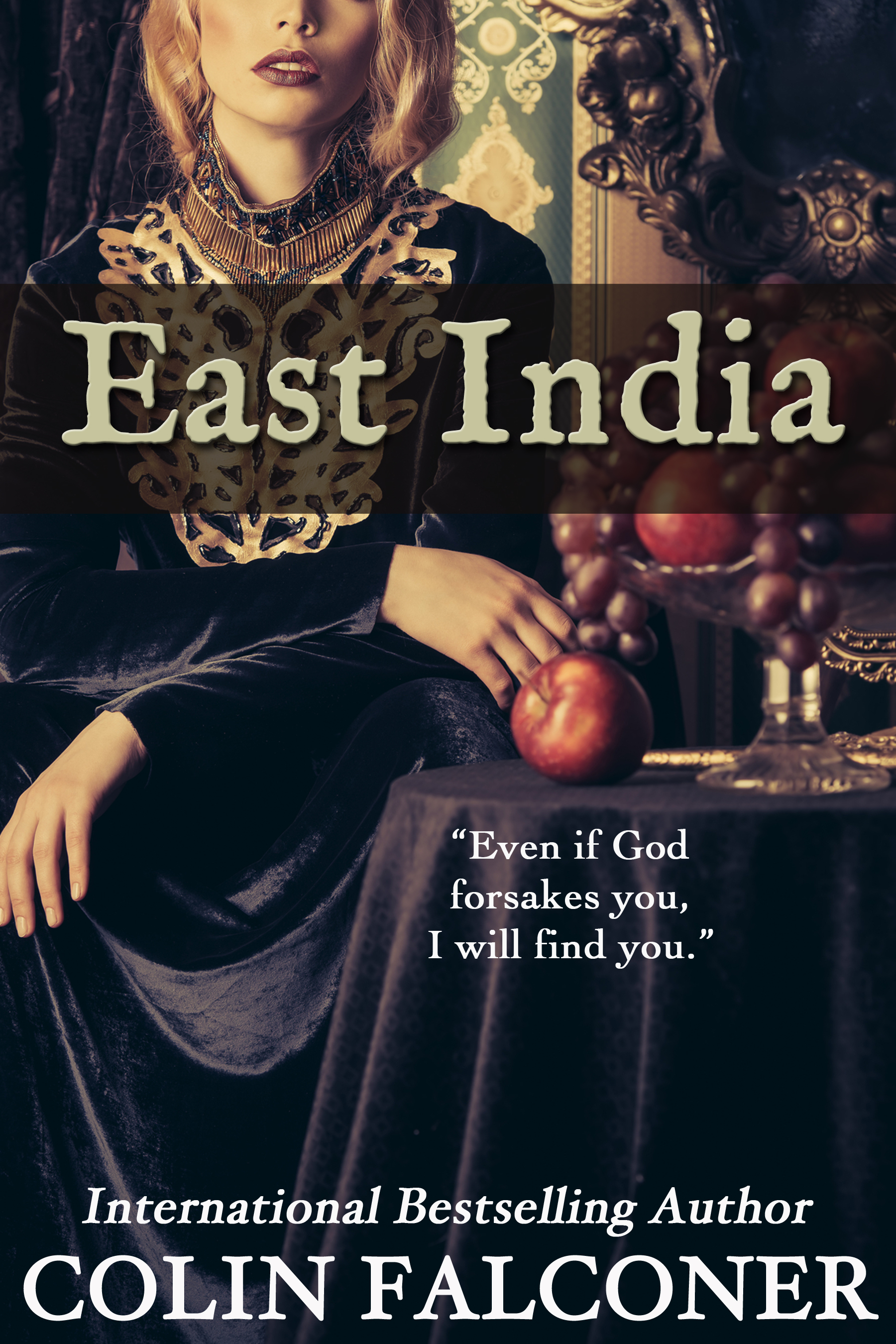Today, February 29, is a date that occurs only every four years, and is called a leap day. This day is added to the calendar in leap years as a corrective measure, because the earth does not orbit around the sun in precisely 365 days.
It orbits at the speed of 365 and a quarter days a year.
Well, slightly less.
But increasing every year.
To accommodate this slight difference, years that are evenly divisible by 100 are not leap years, unless they are also evenly divisible by 400, in which case they are leap years. For example, 1600 and 2000 were leap years, but 1700, 1800 and 1900 were not. Similarly 2100 will not be a leap year.
Did you follow all that?
I didn’t.
Anyway, the Gregorian calendar we now use is a modification of the Julian calendar first used by the Romans. It originated as a lunisolar calendar and named many of its days after configurations of the moon, such as the new moon (Kalendae or Kalends, hence our word ‘calendar.’)
The Julian calendar, was developed in 46 BC by Julius Caesar, and became effective in 45 BC, distributing an extra ten days among the months of the Roman Republican year. The reform was intended to create a calendar that remained aligned to the sun without any human intervention.
Before Caesar’s reform the Roman calendar consisted of just 355 days. A 27-day intercalary month, the Mensis Intercalaris, was sometimes inserted between February and March, adding an extra twenty two or twenty three days to the year.
As far as we can determine from the historical evidence, these extra months were added every second or third year. If managed correctly this system allowed the Roman year, on average, to stay roughly aligned to the seasons.
However … the extra month had to be approved by a Roman magistrate, a Pontifix, and because terms of office corresponded with a calendar year, this power was prone to abuse. A Pontifex could lengthen a year in which he or one of his allies was in power, or refuse to lengthen one in which his opponents held sway, (thank God Italy’s not run that way anymore!)
So by the time of Caesar’s reform the system had failed completely and the average Roman was often unsure of the date. The last years of the pre-Julian calendar were later known as “The Years of Confusion”.
But before Caesar could align the year with the seasons he had to insert two extra months called Intercalaris Prior and Intercalaris Posterior, according to Cicero.
‘It was just idle banter at first: Caesar’s new calendar. The Roman one was based on the moon, so the current year was only three hundred and fifty five days long. Despite constant fiddling with it, it now bore no consistent relation to the seasons; the previous November they had sweltered in a heat wave, this year’s harvest festival was celebrated long before the grapes and corn were ripe.
Caesar had consulted with one of Cleopatra’s famed astronomers from the Gymnasion in Alexandria, one Sosigenes. On his advice, he had instituted a new calendar based on the sun, to last three hundred and sixty five days. To co-ordinate with the new calendar Caesar had declared that this year there would be three Novembers.
Done with astronomy, Cicero moved seamlessly to gossip.
“Did you hear about Marcellus?” he said. “He was seen coming out of a brothel near the Circus Maximus last week. His wife was furious with him but he countered her by saying he could do as he liked as the first two Novembers of the year didn’t count.”
So there it is; that’s why we have leap years and leap days. Remember to mark it in your diary now; 2100 is not a leap year. Don’t go making any appointments for February 29, 2100.
And husbands, everywhere, mark this down as well, in red Texta; anything you do, anytime, anywhere, no matter what day it is. It counts.
